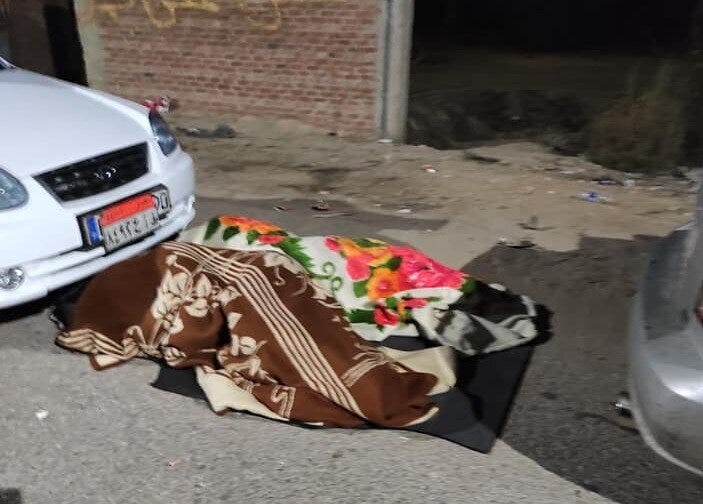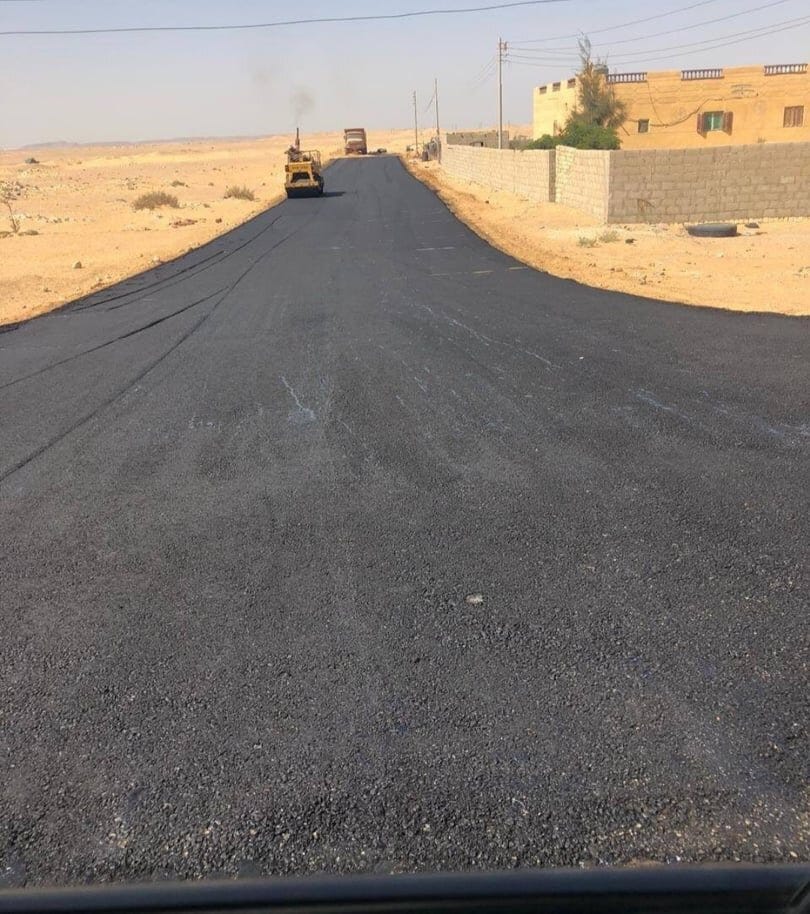I believe I owe my people a story. I want everyone to know what it’s like for a Palestinian from Gaza to travel through Rafah crossing into Egypt in a bid for freedom.
On February 1, I left the Gaza Strip to pursue my master’s degree in the UK, for which I have obtained a hard-fought scholarship. There are only two ways to exit the Strip into the outside world: the Erez crossing into Israel and then to Jordan (we are not allowed to use Israel’s airport), and Rafah crossing into Egypt. The border crossing into Jordan was closed at the time I had to travel due to the spread of COVID-19, so my only choice was to travel through Egypt.
After two months of closure due to the pandemic, I was among more than 7,000 people waiting for Egypt to be merciful and open its border crossing at Rafah. This is a huge number, considering that the border opened for only three to four days at the time. It finally did: On Saturday night, January 30, Egypt announced it would open the crossing for what it considered “humanitarian cases”: students needing to start school abroad, those who are terminally ill and require treatment outside, or family members trying to unite.
Sunday, January 31
At 11 a.m., I found my name listed for the first bus to leave the next day. I rushed to get a COVID-19 test that afternoon, say goodbye to my family and friends, pack my luggage and update my university contacts in Durham. I didn’t sleep at all. My mind struggled to process the fact that, just three days ago, I was about to defer my scholarship until next year. The virus-mandated 7 p.m. curfew meant that instead of hugging my loved ones, I was forced to settle for a feeble message over the phone. My feelings were a muddle of joy, sadness and shock. I opened my wardrobe and stuffed my winter clothes into two bags. I only forgot to bring a toothbrush.
Monday, February 1
At 3:30 a.m., I took a taxi to the southern border, arriving at 4. That’s how small the Gaza Strip is. We were herded first into the Palestinian Exit Hall at Rafah, then into buses heading to the Egyptian Entry Hall. Everyone stood in line to hand over their passports, have their photos taken and produce their hands for fingerprinting. Meanwhile, the Egyptian hall became increasingly crowded as other buses arrived.
“I survived three devastating wars on Gaza, but this is the only time I have seen tanks this close.”
At noon, my name was finally called by an officer. I could head to Cairo! I got into a microbus with 12 other passengers for the journey through the Sinai desert, over the Suez Canal and then to Cairo. Without the “security regime,” this would be a six-hour journey. However, nothing is normal for Palestinians trying to leave Gaza. It requires days but I was lucky enough to get to Cairo in one day only. It takes this long because each vehicle must stop at the numerous Sinai checkpoints while passengers’ passports are checked and officers search and plunder through the luggage. Sometimes, checkpoints close at 7 p.m., which means passengers must wait for them to open the next morning. Yes, we sleep on chairs, bags or whatever is at hand. The Sinai is a barren land and extremely militarized; tanks are everywhere, driving around buses. I survived three devastating wars on Gaza, but this is the only time I have seen tanks this close.
Then it was time for our passports to be checked again. The driver said that if we gave him 50 pounds, we’d only wait for 20 minutes and then we could head to Cairo. Otherwise, we’d wait an hour. This is of course a bribe to the officer. Unfortunately, we felt we had no choice and paid it. We didn’t save any time, however. We waited 30 minutes for the driver to return, but he had only 11 passports instead of 13. We waited 20 more minutes for the other two.
At 2:30 a.m., I was in Cairo, dead on my feet, depressed and in tears. I’ve never been treated as so unworthy. Everyone left the bus, leaving just me and another woman. The hotel I had booked was near the airport and would take another hour to get there. Scared, I didn’t want to be alone. I told the driver to stop at the nearest hotel. Fittingly, the driver broke one of the wheels on my large suitcase when he threw it down from the top of the microbus. I dragged it to the hotel and arrived in my room, only to find that internet connection was in the lobby only. I wearily left my room, went back to the lobby, talked to my parents and university contacts.
Then I realized I didn’t have my passport. Passports are collected by the bus drivers and handed over to officers at each checkpoint to save time. The driver had forgotten to return my passport, but he remembered to collect his 400 pounds! It was also my fault, of course: I was panicked and just wanted to get off the microbus as soon as I could. I called the driver, but he refused to return to the hotel because he was waiting at the airport for other passengers. So, I took a taxi to the airport, got my passport and finally slept, with my jacket still on. It was around 5 a.m., and I was crying inside and out.
“That is perhaps what I dreamed of the most—no more penalties for the identity that defines me.”
Wednesday, February 3
I arrived at the airport at 6 a.m. for my 9:15 flight to London Heathrow. I had two bags, plus my backpack and one piece of hand luggage for my jackets, in preparation for the cold in London. The ticket officer, however, told me that I have one bag too many. I was about to pay the US$125 fee, but the ATM wasn’t working. I asked if I could go to a hotel to get money from another ATM, but I was told it was not possible at that point. Wearily, I repacked my luggage, leaving all of my food plus the handbag in the airport. While I was doing so, another woman was told her luggage was 2 kilos over the weight limit. She laughed and smiled at the officer, asking him if he could let it pass. You guess the answer.
There were 15 minutes left before the plane was set to board. Rushing and anxious, I managed to get on the plane. Guess what? It took off almost an hour late.
Once I was in London, everything was so much more manageable, maybe because holding a Palestinian passport is not considered that big of a deal. That is perhaps what I dreamed of the most—no more penalties for the identity that defines me.
My scholarship trustees met me at the Durham railway station with a great welcome. At last, the stress of being from Gaza was gone. I can now start my adventure abroad!






